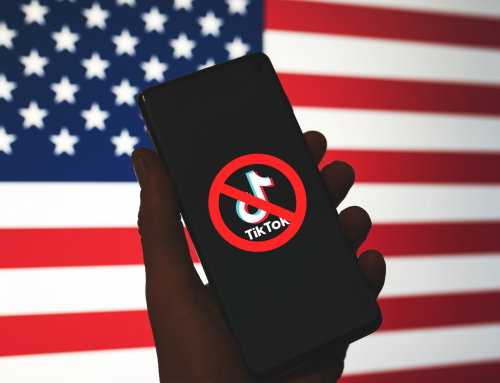Apple is restricting the iPhone’s AirDrop function – and possibly supporting China’s communist regime in the process. This is because the function is used particularly often by protesters against the Communist People’s Party to organize anti-government protests.
“Down with Xi Jinping!” Large protests against the regime are currently igniting in China’s major cities. With the aid of technological devices. For example, many protesters used the AirDrop function of their iPhones. For example, to organize their demonstrations, send protest pictures – and thus circumvent the Chinese government’s censorship. But that could be the end of it now. After an iPhone update, AirDrop can now only be used to a limited extent in China.
A bow to the government
The fact that the US tech giant Apple is dependent on the Chinese market is not a new insight. The company makes about 15 percent of its revenue in the Middle Kingdom. But Apple has probably never kowtowed to the Chinese regime as obviously as it is doing now. With the latest iPhone update (16.1.1), the company introduced a change that should curb the current protests in China’s metropolises. While AirDrop reception was previously always possible, it now has to be reactivated every ten minutes. The explosive fact is that the restriction was only implemented on devices sold in China.
Why AirDrop in particular?
AirDrop enables users to exchange digital content between two or more Apple devices. And this virtually bypasses the Internet, because AirDrop uses its own network for data transfer. In this way, Chinese protesters have so far been able to circumvent the regime’s Internet censorship – which incidentally also includes Instagram and YouTube. Moreover, tracking the originator of the shared data was almost impossible.
Apple helped China government once before
Possibly fearing an imminent loss of control, China now put pressure on Apple – and caused the US company to impose restrictions on AirDrop. This is not the first time that Apple has acted in the interests of the Chinese regime. Already in 2019 – at the height of the Hong Kong protests – the company deleted various apps from its App Store that were used by protesters for internal and external communication. However, why the change was introduced to AirDrop is unclear so far. It is also questionable whether it will be implemented in other countries in the future. Apple has so far left all press inquiries unanswered in this regard.







